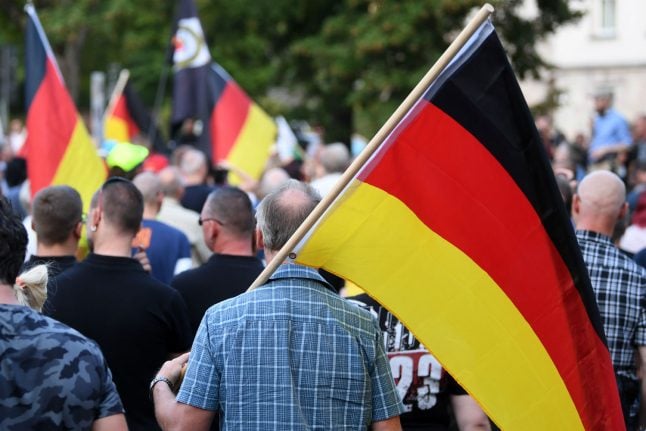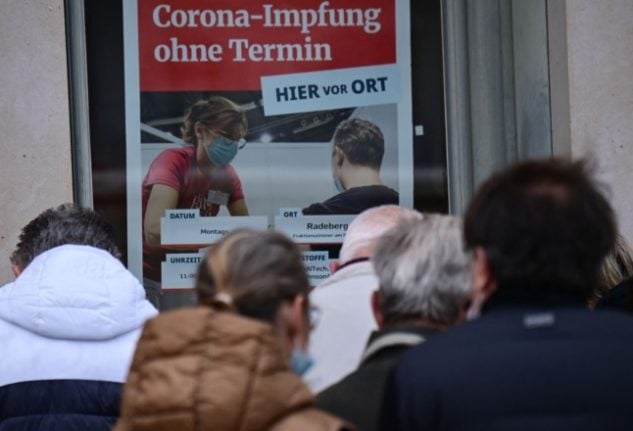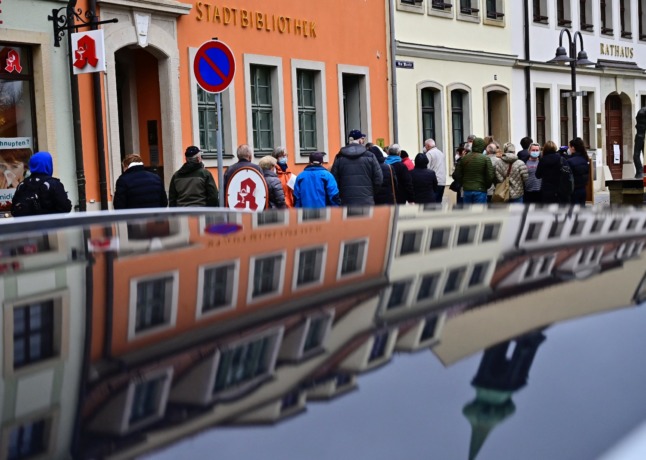The investigation into the unrest in Chemnitz in August 2018 shows that extremists made plans to “hunt” migrants and people who appeared to be foreign, German media has reported.
According to police documents seen by the German daily Süddeutsche Zeitung, and broadcasters WDR and NDR, the Saxony Criminal Police Office tracked down chat messages exchanged between known members of Chemnitz's extremist far-right scene between August 26th and 28th.
Police found that these individuals agreed on “hunts” and also boasted about having achieved what they set out to do.
Violent demonstrations where footage appeared to show extremists chasing after non-white people grabbed headlines around the world, marking Chemnitz as a neo-Nazi stronghold where foreigners are unwelcome.
However, a nationwide debate over whether or not foreigners had been targeted was sparked.
The events almost toppled the coalition government in Berlin, as high profile figures, including the former head of Germany's domestic intelligence agency Hans-Georg Maaßen questioned if “Hetzjagd” – the hunting down of foreigners – had actually taken place.
The demonstrations began after a German man was stabbed to death during a festival to mark the city's 875th anniversary. Last week a Syrian man was sentenced to jail for manslaughter. An Iraqi man is still at large.
READ ALSO: Dashed hopes boost far-right in eastern Germany 30 years after fall of Berlin Wall
'Great readiness to use violence'
The new evidence comes a year after the riots took place and just days before voters in Saxony go to the polls in a state election in which the anti-immigration Alternative for Germany (AfD) is expected to make gains.
According to the Süddeutsche Zeitung, the police report says the unrest involved a “great readiness to use violence against police officials, people with actual or apparent migration backgrounds, political opponents and journalists”.
Furthermore, the documents show that those extremists involved in the chat used the word “hunt” (Jagd) on several occasions.
As the events in Chemnitz unfolded, individuals also described through messages how they wanted to violently attack people from immigrant backgrounds, or boasted about having successfully hunted down people they thought were migrants.
The chats suggest that “the actual implementation of violent criminal acts against foreigners” took place, according to the report.
Authorities are continuing investigations into the events in Chemnitz.
READ ALSO: Chemnitz: Portrait of a city shaken by anti-foreigner riots




 Please whitelist us to continue reading.
Please whitelist us to continue reading.
Member comments